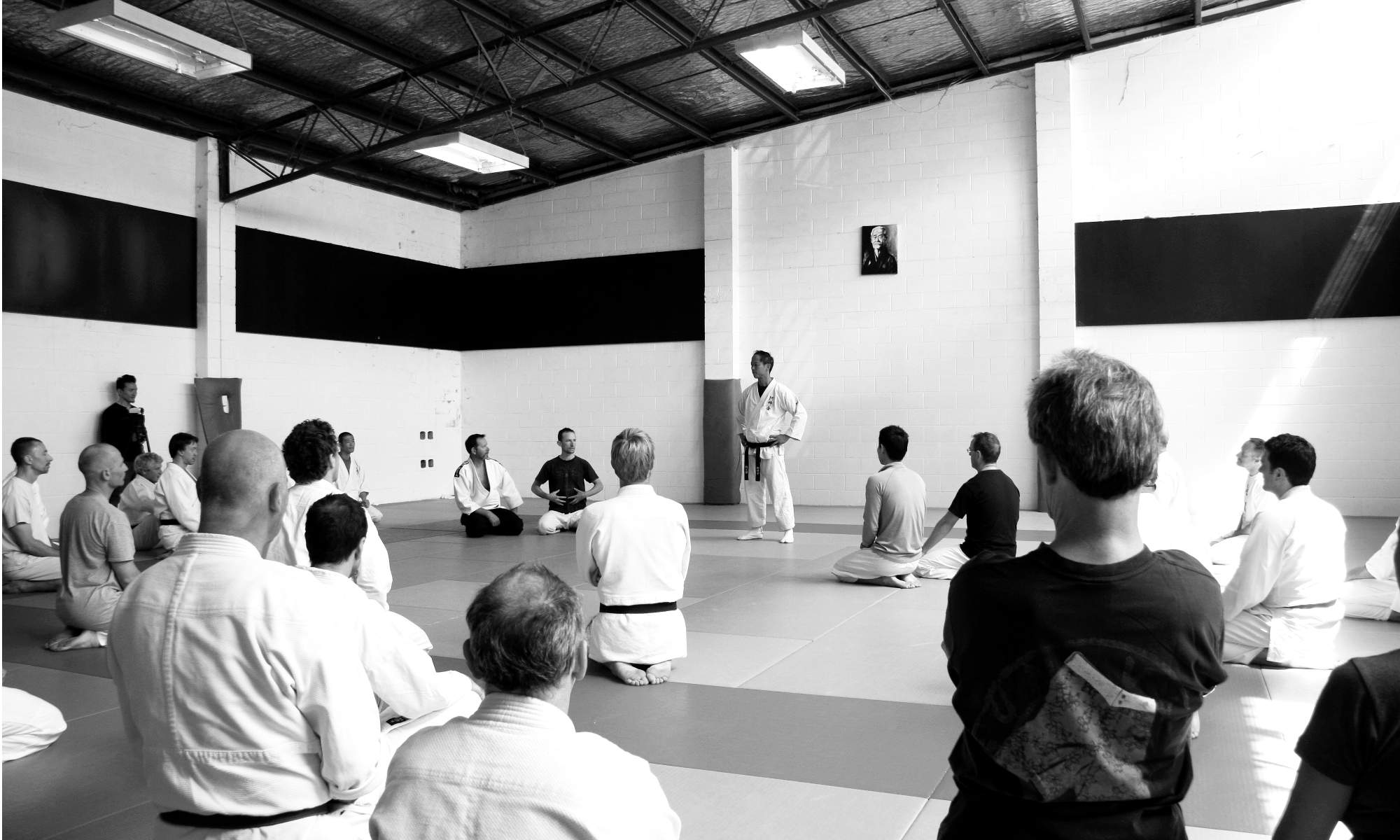Updated: 2021-03
The Board
1. Legitimacy of the Board (as specified in the Constitution)
The Board has oversight and responsibilities for the entire organization, and speaks on behalf of Akuzawa Minoru.
2. Structure of the Board
Akuzawa Minoru, Kitamura Kyoko, Robert John, Gernot Hassenpflug, Watanabe Manabu (representing Europe (France/UK)), Alex Lee (for the United States). 3 international representatives, 3 Japanese representatives for now (we may require a tie breaker).
3. Guidelines going forward
(1) Approval of all Communications and Marketing Activities representing Aunkai.
If an individual or group wishes to submit any content/communications/message (audio, visual, etc.) in any media/channel (internet, in print, CD/DVD, etc.) for any purpose (marketing, advertising, promotion, entertainment) to represent the Aunkai in an official capacity, such a project must be first reviewed and then approved by the Board.
This does not pertain to content/communications/messages on platforms such as social media and blogs that promote individual branch schools of the Aunkai, as autonomy is granted to these schools to publish content that they deem is appropriate.
However, the Board reserves the right to vote on any such branch or individual content if it is deemed to be inappropriate.
When deemed inappropriate by the Board, each school or individual will respect the decision of the Board and summarily take such content down.
If the group or individual does not respect the decision of the Board, an appropriate course of action will be decided by the Board that may include demotion or expulsion from the organization.
(2) If a communication is submitted to the Board but rejected, said individual or group may make changes and resubmit at any time.
Conseil d’administration
1. Légitimité du conseil d’administration (conformément à sa définition dans la Constitution)
Le conseil d’administration a le management et les responsabilités de toute l’organisation, et parle au nom d’Akuzawa Minoru.
2. Structure du conseil d’administration
Akuzawa Minoru, Kitamura Kyoko, Robert John, Gernot Hassenpflug, Watanabe Manabu (représentant l’Europe (France/Royaume Uni)), Alex Lee (représentant les Etats Unis). 3 internationaux, 3 Japonais pour l’instant (nous aurons peut être besoin d’un système d’arbitrage).
3. Lignes directrices pour l’avenir
(1) Approbation de toutes les communications et des activités de marketing représentant l’Aunkai.
Si un individu ou groupe souhaite publier un contenu/un communiqué/un message (audio, visuel etc.) dans n’importe quel type de média/chaîne (internet, publication matérielle, CD/DVD, etc.) et quel qu’en soit l’objectif (marketing, publicité, promotion, divertissement) pour représenter l’Aunkai de manière officielle, un tel projet doit d’abord être préalablement revu et approuvé par le conseil.
Cela n’inclut pas tout contenu/communiqué/message sur des plateformes comme les réseaux sociaux et blogs qui font la promotion d’écoles ou de branches individuelles au sein de l’Aunkai, l’autonomie étant accordée à ces écoles de publier tout contenu qui leur semble approprié.
Cependant, le conseil d’administration se réserve un droit de veto sur le contenu produit par la branche ou l’individu en question s’il le considère inapproprié.
Dans le cas où le conseil d’administration a jugé inapproprié un tel contenu, chaque école ou individu devra respecter la décision du conseil et supprimer le contenu en question.
Si le groupe ou individu ne respecte pas la décision du conseil d’administration, des sanctions appropriées seront décidées par le conseil qui pourront inclurent la rétrogradation ou l’expulsion de l’organisation.
(2) Si une communication envoyée pour approbation au conseil d’administration est rejetée, l’individu ou groupe en question peut ultérieurement changer le contenu et la renvoyer à nouveau pour approbation au conseil à tout moment.

